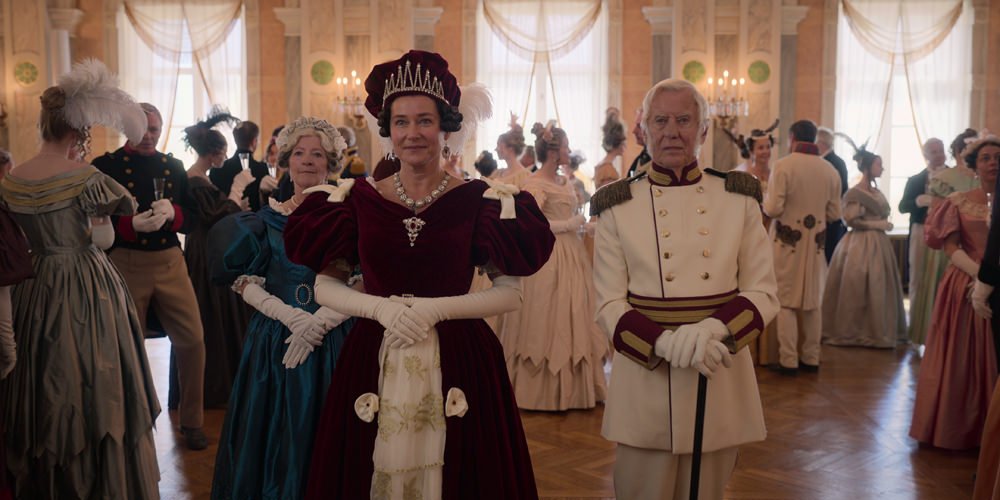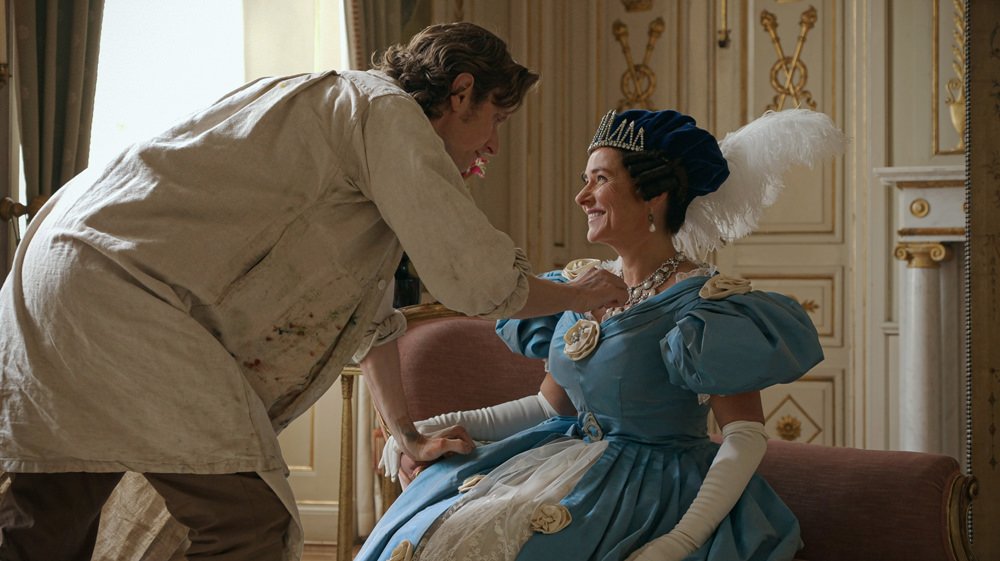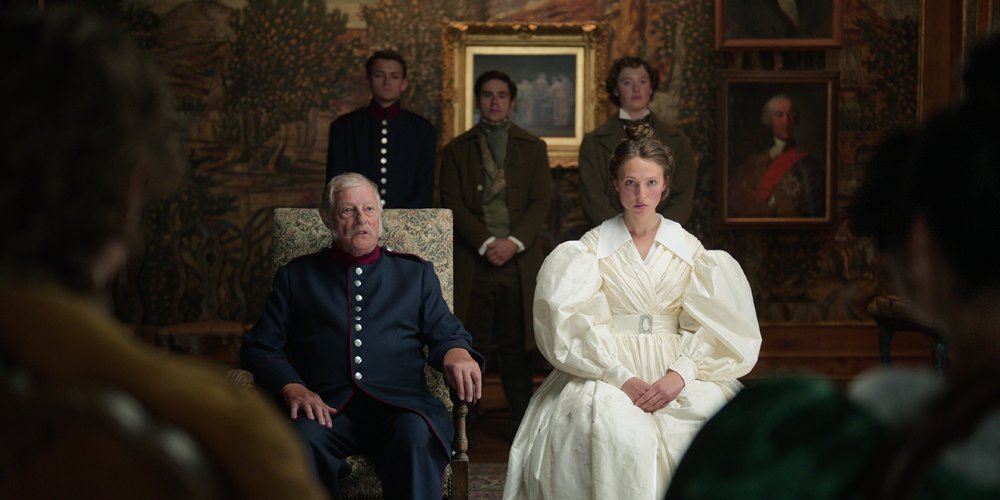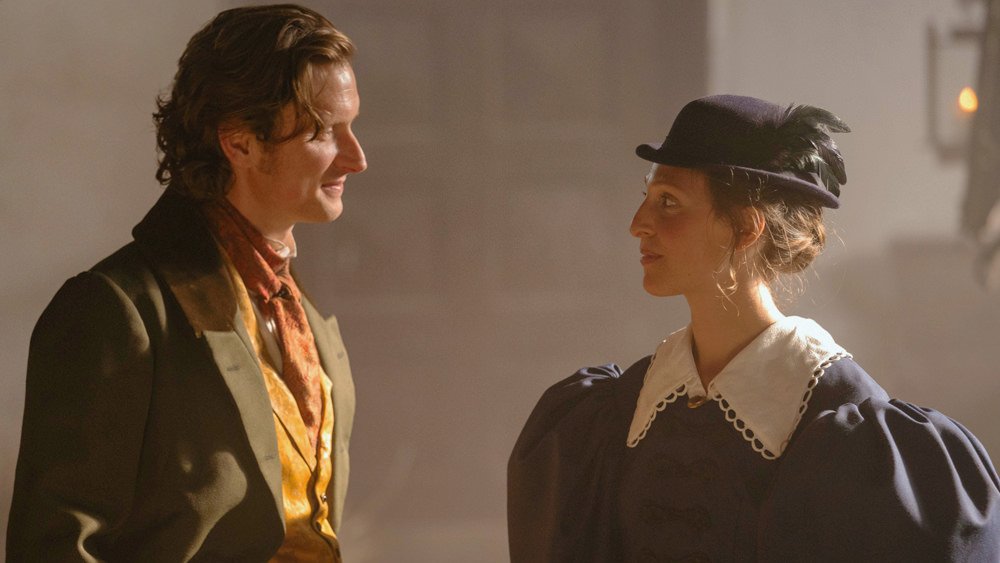FOXTROT LAMONT
One Too Many
- Messages
- 1,544
- Location
- St John's Wood, London UK
Esmerelda and Pinocchio?A man who never stops talking paired with a man who carries his own silence within him. What could go wrong?
Last edited:
Esmerelda and Pinocchio?A man who never stops talking paired with a man who carries his own silence within him. What could go wrong?
I believe one of the comatose extras features a young Tom Selleck.
View attachment 551512
Keep Your Powder Dry from 1945 with Lana Turner, Laraine Day and Susan Peters
By 1945, Hollywood was at the retread stage of wartime propaganda movies, but it still managed to put out some reasonably good efforts like Keep Your Powder Dry, an early similarly themed version of 1980's more-well-known Private Benjamin.
War causes social change with WWII unevenly and too slowly bringing advancement for minorities' and women's rights. In Keep Your Powder Dry, the focus is on humor and the personalities of the three stars, but even if unintentionally, there's a feminist vibe.
Three young women, played by Lana Turner, Laraine Day and Susan Peters, from diverse backgrounds and for various reasons, join the WACs (Women's Army Corps.). They have challenges and squabbles, but grow as individuals and officers as is propaganda's wont.
Very blonde Turner gets the fun role of playing the rich party girl who joins only to convince her trust administrators that she's becoming a mature and responsible adult, which per the terms of the trust, should prompt them to release more funds to her.
Peters plays a traditional young wife who, despite lacking confidence to do something on her own, joins the WACs in sympathy with her husband so that both can be serving their country at the same time.
Day gets to play the army brat who likes discipline and rules just a little bit too much. She joins to please her officer father and because she is scared of civilian life, so she cocoons in the WACs, where she expects to quickly advance.
Once in, the girl triangle quickly forms with lackadaisical Turner and by-the-book Day immediately rubbing each other the wrong way as sweet-as-heck Peters plays peacemaker.
All the things you expect to happen, happen. Turner is the slowest to adjust to army discipline; diffident Peters is just glad to survive another day, while Day irritates most of the other girls with her know-it-all attitude and imperious approach.
There are some fun scenes along the way, including one where the girls, now all in the motor transport school, go out to fix a general's car. He's not at all obnoxious about it (that's not this type of movie), but it's clear he has no confidence in these women mechanics.
Of course, the girls get the car running in no time and the humbled general makes a nice comment about the WACs. The inside fun for the audience is watching Turner, playing a supposedly crack mechanic, looking like it's the first time she's ever seen an engine in her life.
It's all handled lightly, but in the 1940s "girl mechanics" fixing a car lickety split as a bemused general looked on said something to America about women's rights. It would take another generation for even more advancement, but each step counts.
Another scene to look for is the one where Turner's old socialite friends show up as they look incredibly frivolous next to now serious Turner. There's, sadly, also a gratuitous dig at a stereotypically fey gay man at a time when gay men were not allowed in the military.
As in the above scene, the movie gets more serious as it heads to its climax, which includes some real WWII sacrifice coming home to one of the girls just as Day, finally, learns a humbling lesson about leadership being about more than just enforcing the rules.
Had the movie kept the tone of the socialites-are-frivolous or Day's comeuppance scenes throughout, Keep Your Powder Dry would have been a better movie. But MGM couldn't help making this effort too-Hollywood glossy and "girl pretty" to give the movie sustainable grit.
Keep Your Powder Dry is still enjoyable, though, as Turner, Day and Peters are appealing actresses. Plus, even a WACs propaganda movie is historically important as it reminds us that women's rights weren't spontaneously generated by the Baby Boomers in the 1960s.
Sounds like an interesting one to track down. Day's character as you outline it reminds me a touch of Hotlips Houlihan - is there a similar progression here as we saw Loretta Switt's character go through? (In the TV show.... although I can appreciate it for what it is much more now, I still don't much care for the film, which I found a touch too mean-spirited, especially towards the female characters, for my tastes.)
The other WW2 comedy I have seen and feel very much still holds up while also having something interesting to say about gender role stereotypes at the time is I was a male war bride. Carey Grant was great in that.
I recall this vaguely. Ann Sheridan and Cary Grant fall in love while post war Germany, he being French,The other WW2 comedy I have seen and feel very much still holds up while also having something interesting to say about gender role stereotypes at the time is I was a male war bride. Carey Grant was great in that.
Just finished that below breaker, Gary Oldman at his very best imho.





